What should elderly patients with cardiovascular disease pay attention to when winter comes?
1. Keep warm. Winter temperature drops sharply, elderly patients should pay attention to keep warm and try to avoid catching cold. Especially in patients with chronic heart failure, colds are easy to cause lung infections, causing acute attacks of heart failure.
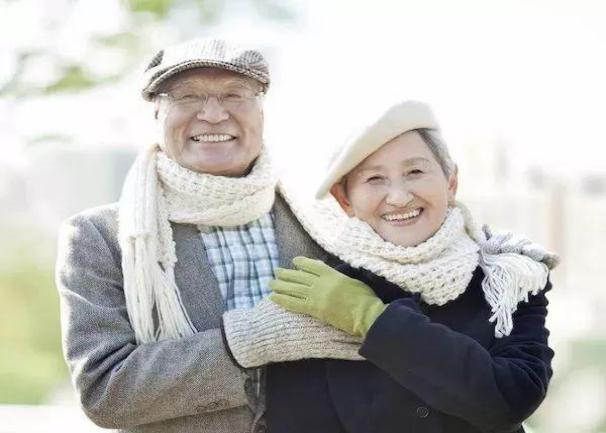 2. Be happy. Elderly patients should pay attention to keep a happy mood and avoid emotional agitation. Because emotional excitement is easy to cause blood pressure rise, induce acute myocardial infarction, stroke and other cardiovascular and cerebrovascular events.
2. Be happy. Elderly patients should pay attention to keep a happy mood and avoid emotional agitation. Because emotional excitement is easy to cause blood pressure rise, induce acute myocardial infarction, stroke and other cardiovascular and cerebrovascular events.
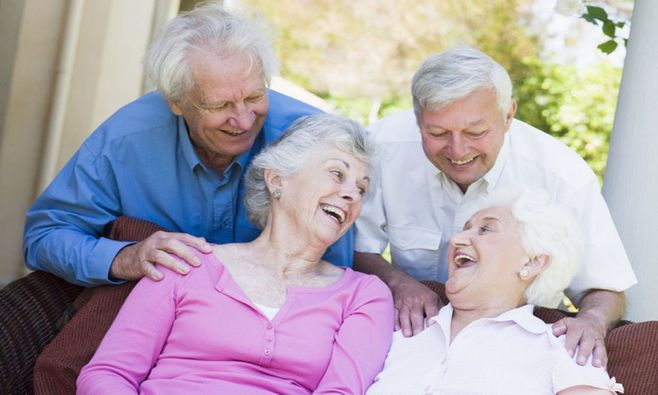 3. Eat right. Elderly patients should pay attention to eat less and more meals. In particular, elderly patients with coronary heart disease or heart failure should eat seven or eight full meals; Patients with heart failure try to reduce the daily consumption of water, tea, porridge, soup, yogurt and other liquids to avoid increasing the burden of the heart. Reasonable diet, eat more fruits, vegetables, fish, beans, etc., eat more foods containing more cellulose, help to keep stool unobstructed.
3. Eat right. Elderly patients should pay attention to eat less and more meals. In particular, elderly patients with coronary heart disease or heart failure should eat seven or eight full meals; Patients with heart failure try to reduce the daily consumption of water, tea, porridge, soup, yogurt and other liquids to avoid increasing the burden of the heart. Reasonable diet, eat more fruits, vegetables, fish, beans, etc., eat more foods containing more cellulose, help to keep stool unobstructed.
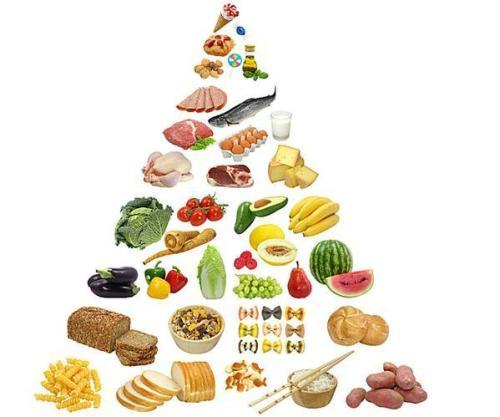
4. Exercise in moderation. Older patients are advised to reduce sedentary time and engage in at least light activity throughout the day. Under the guidance of the doctor, do as much aerobic exercise as possible, walking, running, climbing, etc.; In addition to aerobic exercise, do resistance training 2 or more days per week. For elderly patients with hypertension, because 6-10 o 'clock in the morning is the morning peak time of hypertension, this period of high incidence of cardiovascular and cerebrovascular events, exercise is best to avoid this time period.
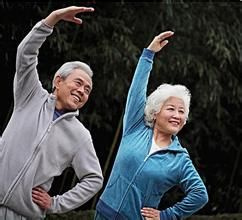
5. Take your medicine on time. For elderly patients who need long-term oral drugs, attention should be paid to taking drugs on time to avoid missing doses. For elderly patients with hypertension, it is recommended that the blood pressure should be <140/90mmHg; If tolerated, blood pressure can be further reduced by <130/80 MMHG. Daily monitoring of blood pressure, heart rate, regularly go to the hospital to review blood routine, biochemistry and other relevant tests on the examination, if there is an abnormality, need to seek medical treatment in time to adjust the drug treatment.
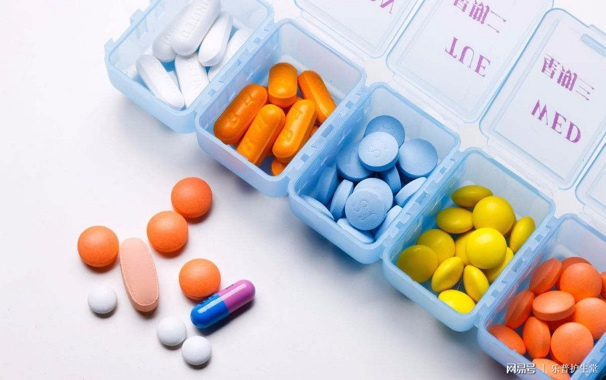 Author: Wu Chao, Attending physician, Fuwai Hospital, Chinese Academy of Medical Sciences.
Author: Wu Chao, Attending physician, Fuwai Hospital, Chinese Academy of Medical Sciences.
(The opinions expressed are solely those of the author. Some pictures in this article are from the Internet, if there is infringement, please contact to delete)
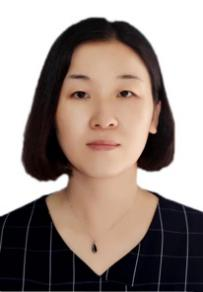
The author is Wu Chao, chief physician, Department of Cardiology, Fuwai Hospital, Chinese Academy of Medical Sciences

